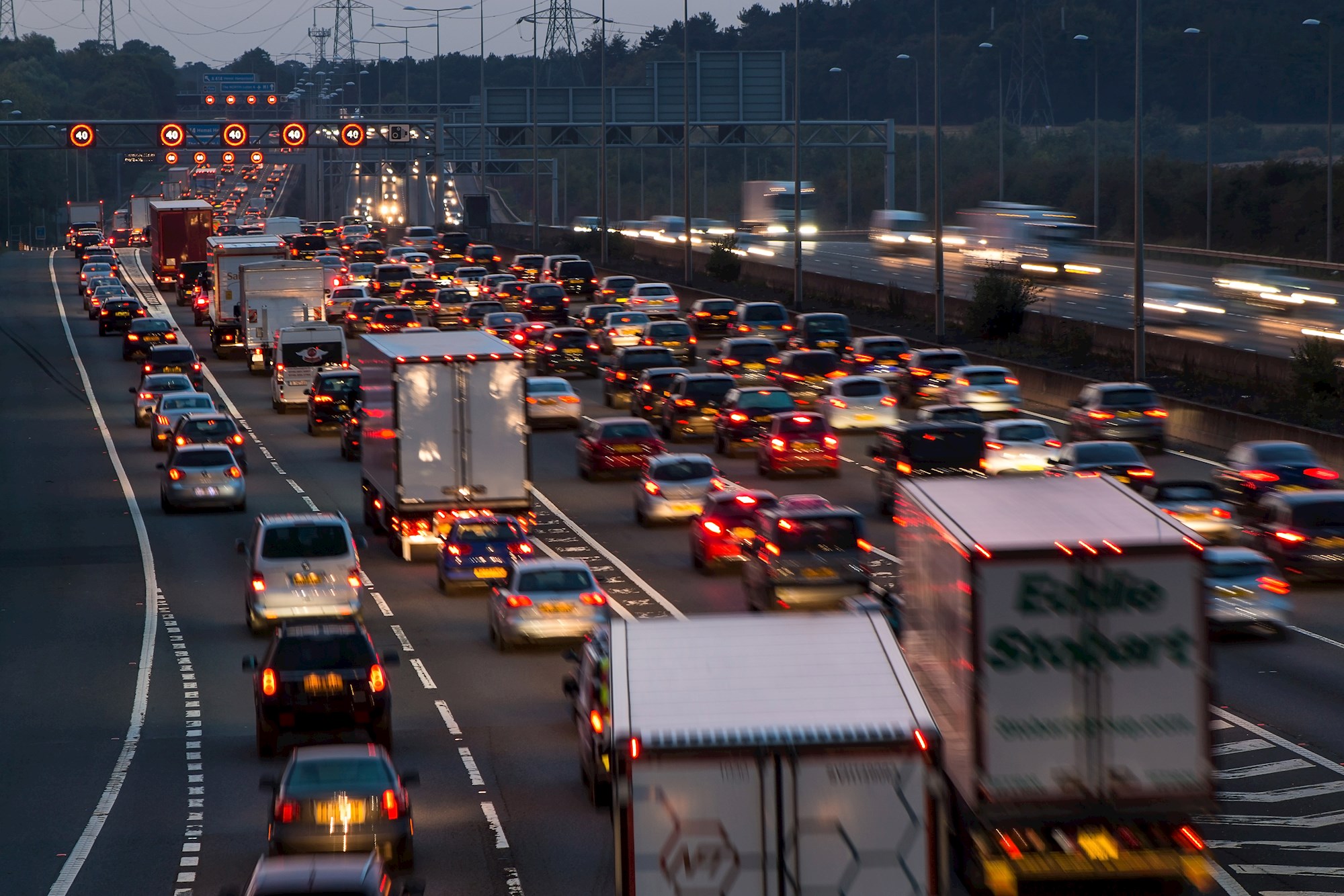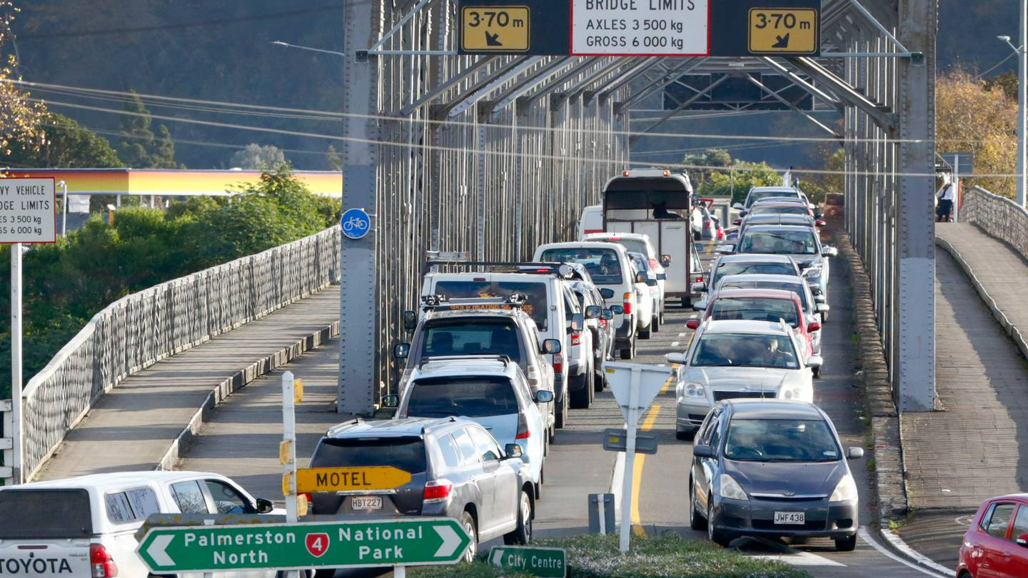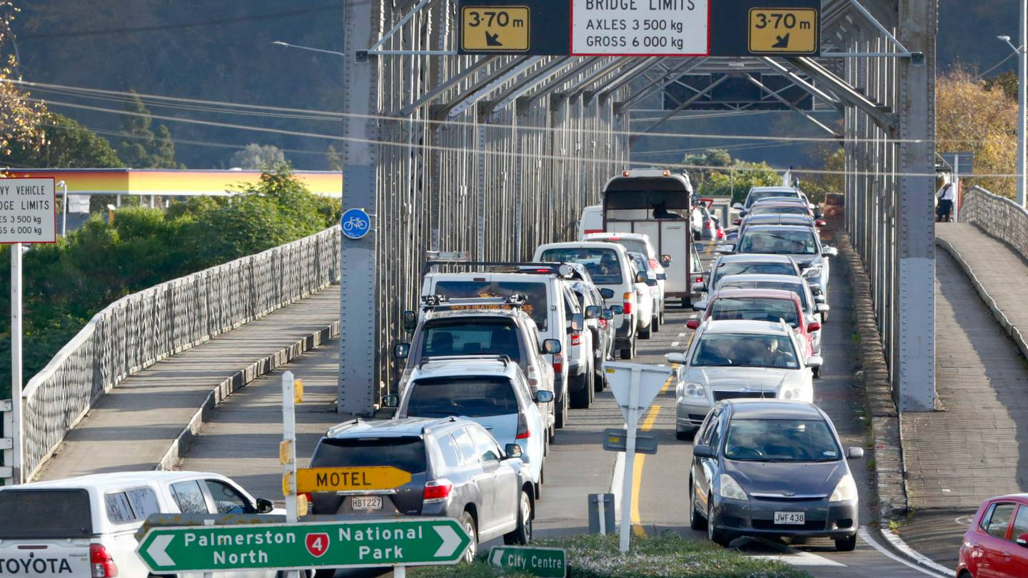The Government unveiled its Emissions Reduction Plan this morning, with the aim of reducing emissions and hitting New Zealand's emissions budgets.
The plan will have implications across multiple industries in Aotearoa, but here's what it means for Kiwi motorists.
Passenger cars
The Government wants at least 30 per cent of the light vehicle fleet (ordinary passenger cars) to be zero emissions by 2035, and it wants people to drive 20 per cent less by that year too. This means people in cities living closer together and using public transport more.
Both targets were consulted on last year but have now been affirmed.
The Government has raised its ambitions for cutting emissions from freight transport. This target will be to reduce emissions by 35 per cent by 2035. The Government has slightly lowered its sights when it comes to reducing the emissions intensity of transport fuel. This target has been lowered slightly, to reduce emissions by 10 per cent by 2035.
Find electric vehicle listings on Driven
One of the biggest targets - one that was missing from the draft emissions plan the Government put out for consultation last year - is to set a target of 50 per cent of final energy consumption coming from renewable sources by 2035. So far, the Government has set targets for renewable electricity generation (100 per cent by 2030), and expanding that target to include all energy is a big step.
High emitting cars banned
The plan reaffirms Labour's policy of banning new fossil fuel electricity generation. It also includes a proposal to ban or effectively ban the importing of polluting cars. By next year, the Government plans to set a maximum CO2 emissions level for new cars. The limit would either ban the import of those cars or force people importing the vehicles to pay a heavy penalty for the privilege. The Government wants it in place by next year.
Public transport
The Government had heavily signalled it would be looking to extend its half-price public transport fares in the plan.
Half-price public transport fares are slated to run out in weeks unless given a further top-up in Thursday's Budget. There was no indication this would be extended in the emissions reduction plan, beyond a commitment to work with local government to "make public transport more affordable, with a particular focus on low-income users".
(On that note, the Government did commit to having fully zero-emissions public transport by 2035).
Subsidies for EVs
The Government will allocate $568 million from the "Climate Emergency Response Fund" or CERF to help low-income New Zealanders buy EVs or hybrids. People on low incomes will be able to trade in their polluting vehicles and receive money to upgrade to an EV or hybrid. The funding pays for an initial trial of 2500 vehicles, tagged at $15.9m a year for the next two years, before increasing to $242m in 2024/25.
The Government is also offering subsidies to help the industry switch to zero emissions. The Government Investment in Decarbonising Industry Fund, or GIDI, had an initial investment of $69m and was used to switch some industries from emissions-intensive energy generation to green electricity. Investments include paying for transmission infrastructure to hook industrial producers up to the electricity grid, enabling them to switch off their own coal-fired power.
The fund has been given a further $650m from the Budget (not from the CERF).
The plan even included a policy to subsidise freight companies to purchase low- and zero-emissions trucks from 2022.
Congestion pricing
The Government has strongly foreshadowed it would introduce congestion pricing in Auckland and possibly Wellington in the plan.

The plan did not include a final recommendation on this. Instead, it said ministers would make a final decision on congestion pricing in Auckland by the end of this year and talk with Wellington councils by the end of the year.
Congestion price isn't yet a sure thing - but it appears highly likely.
- NZ Herald




